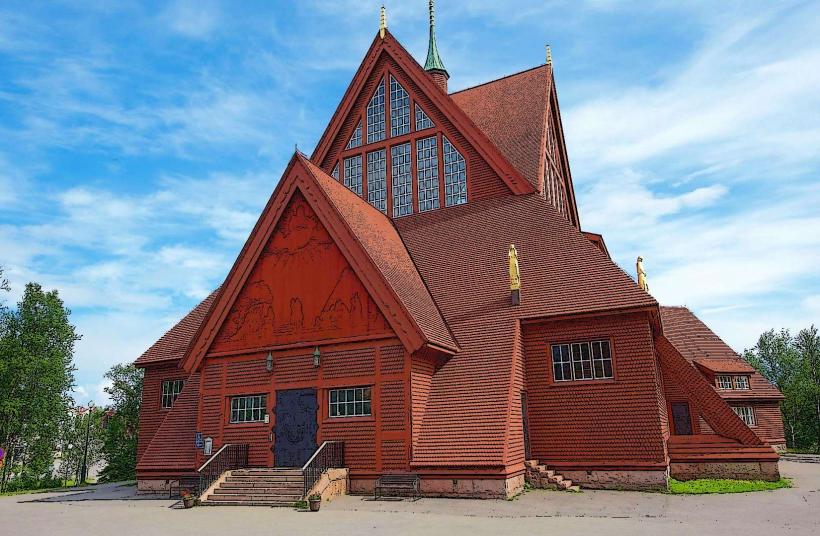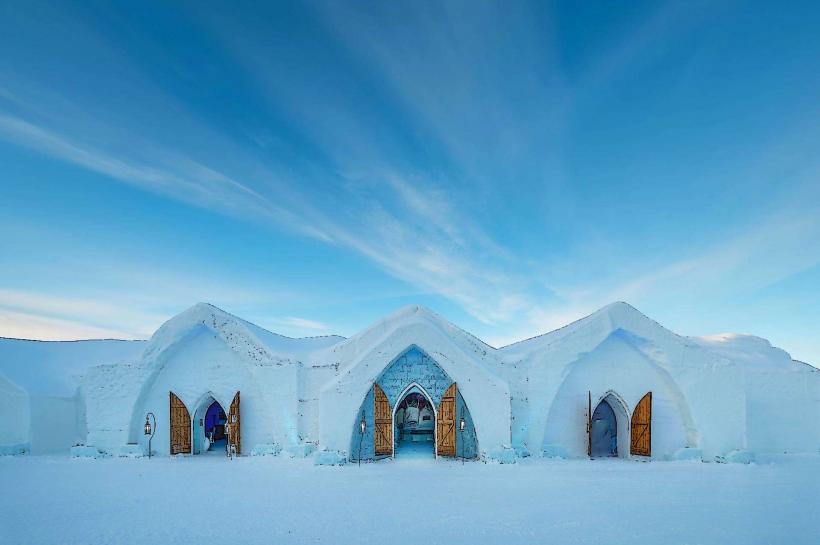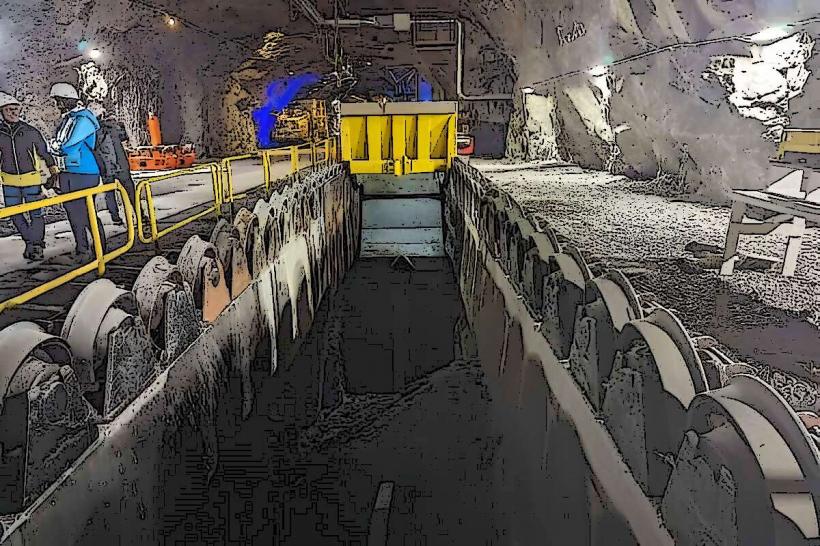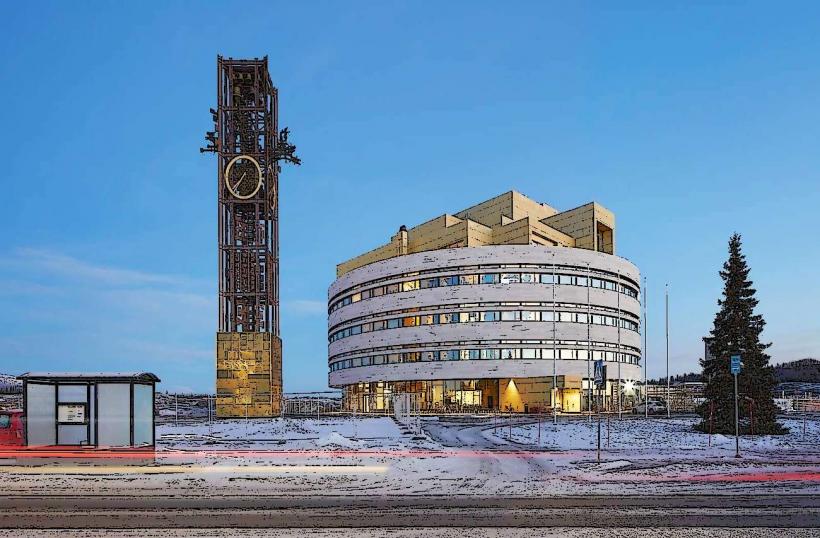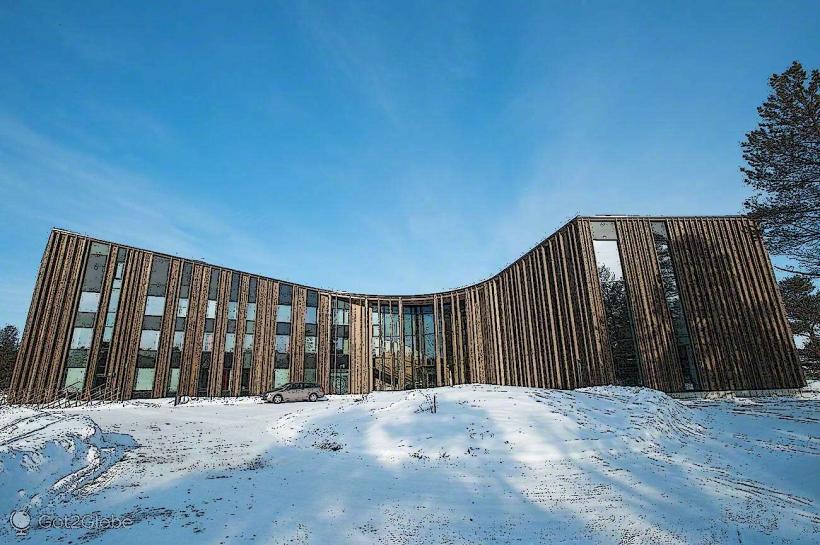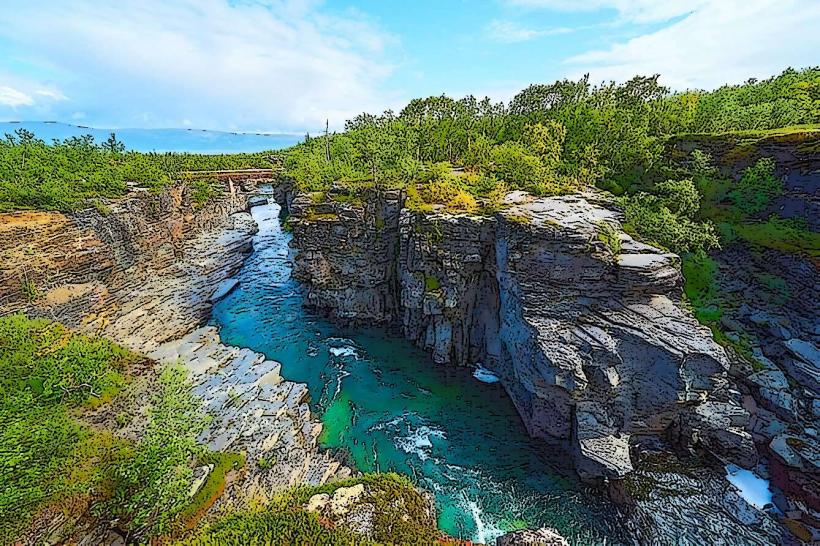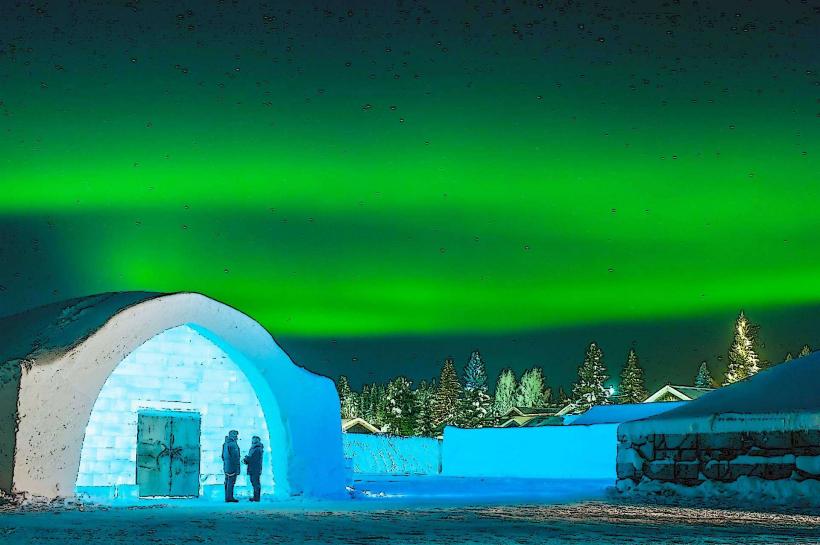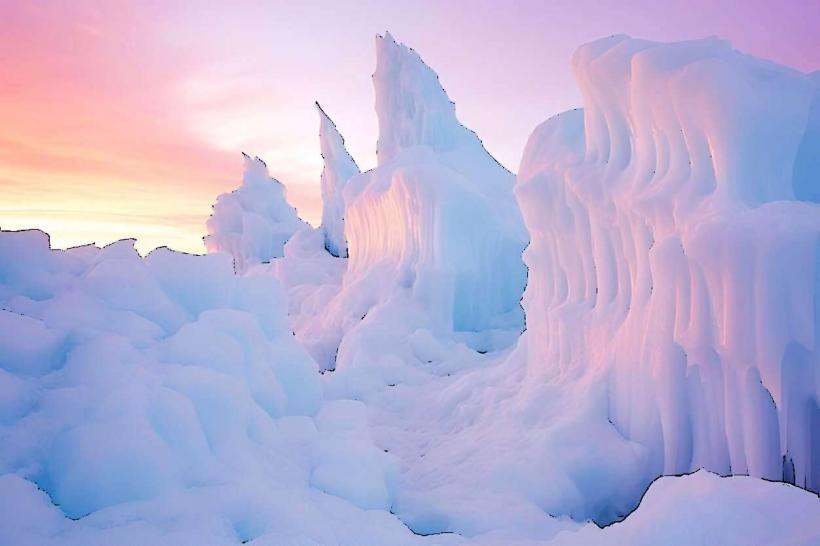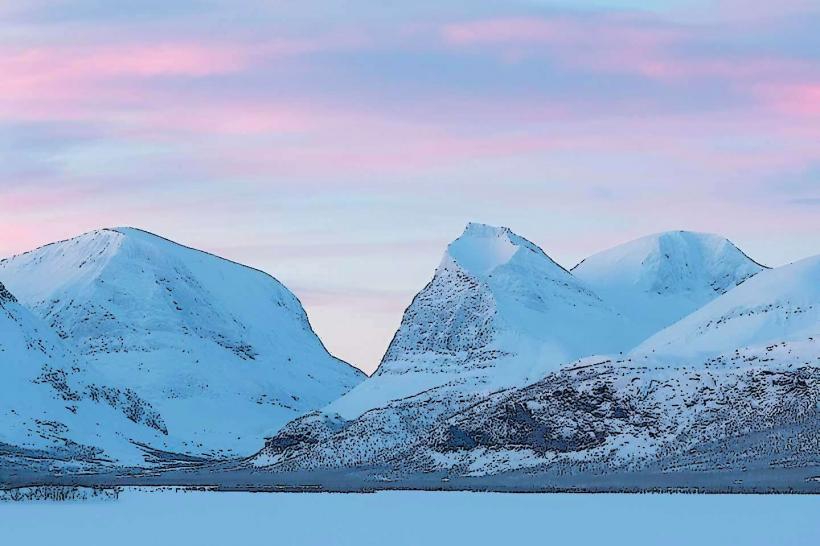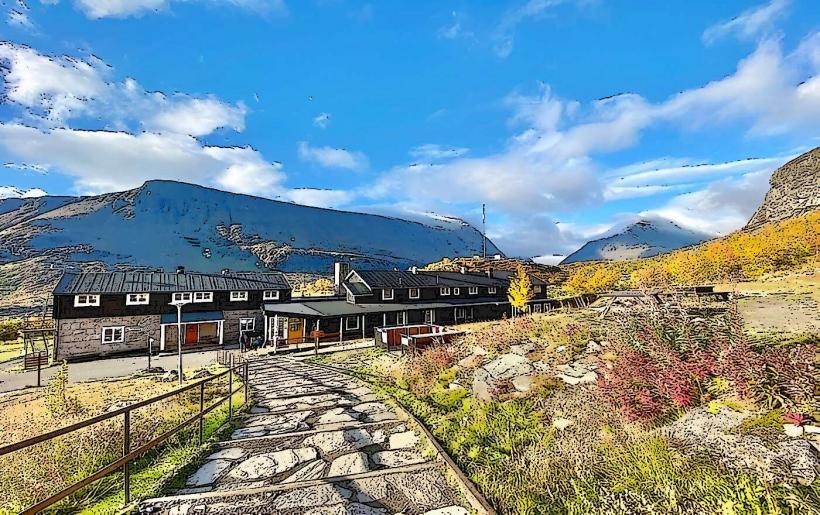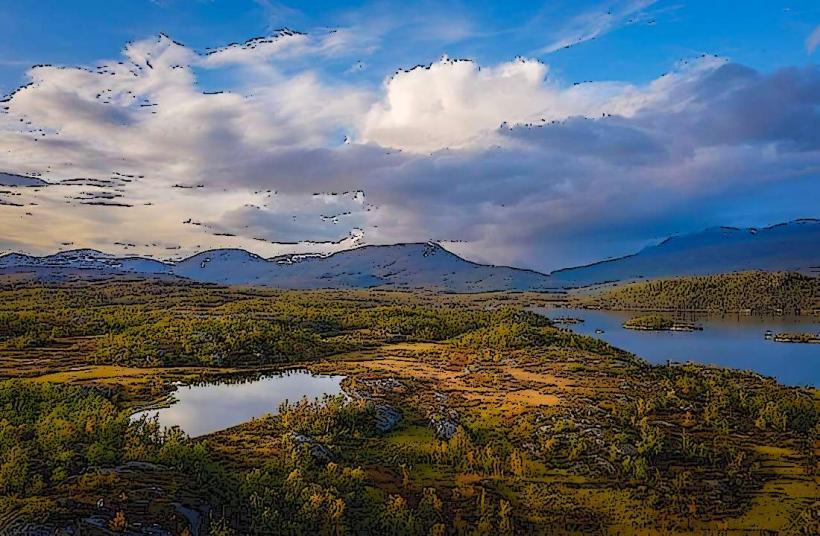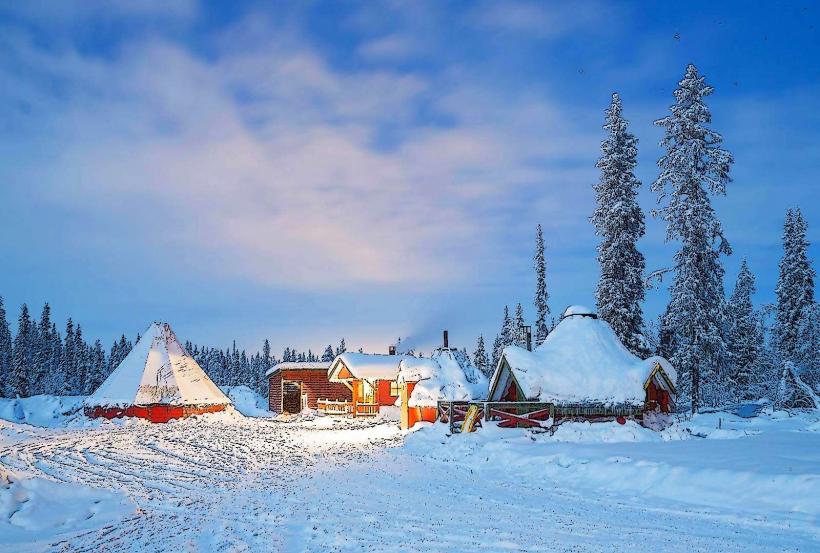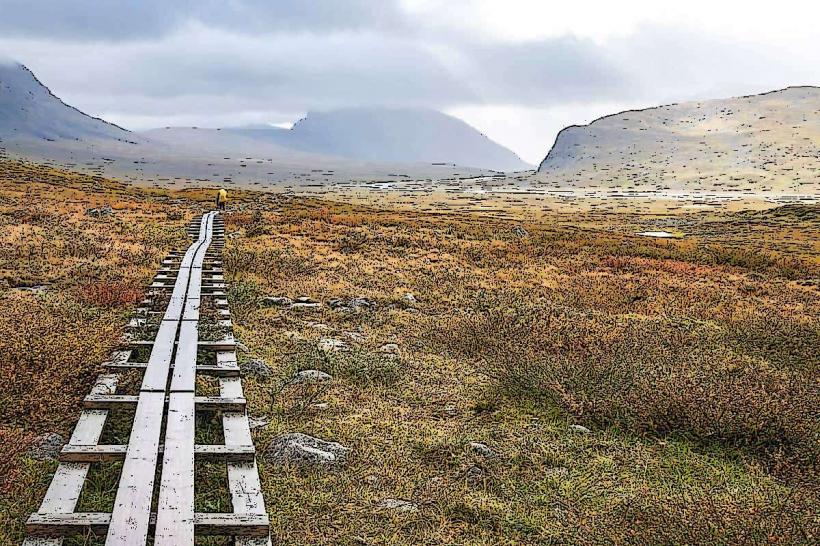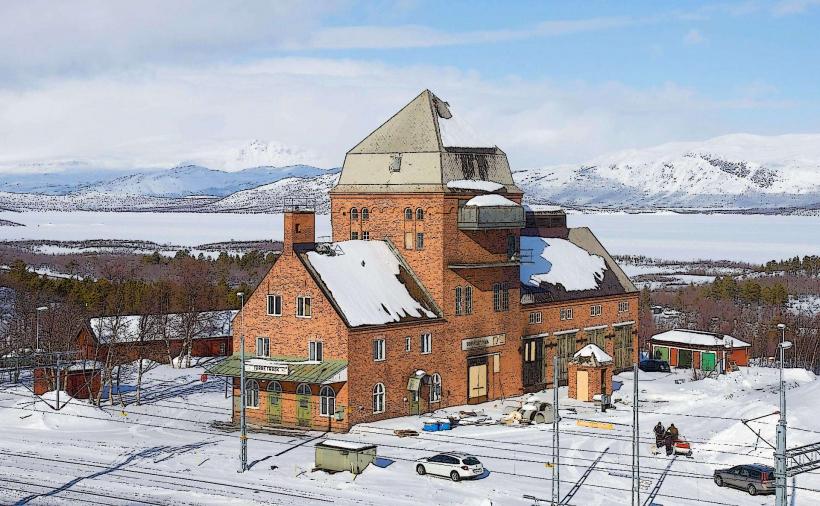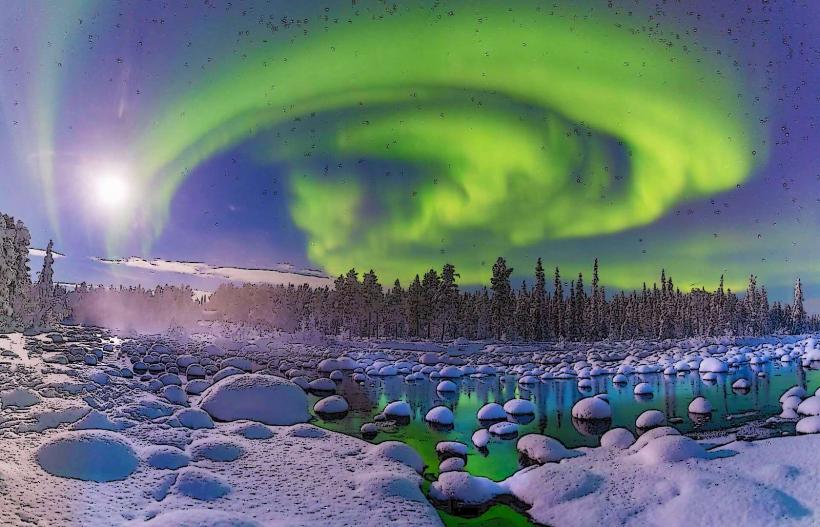Information
Landmark: Luleå RiverCity: Kiruna
Country: Sweden
Continent: Europe
Luleå River, Kiruna, Sweden, Europe
The Luleå River (Swedish: Luleälven) is one of the major rivers in northern Sweden, flowing through the Norrbotten County in the Swedish Lapland region. It plays an important role in the region’s geography, economy, and history. Here’s a detailed overview of the Luleå River:
1. Geography and Flow
- Source: The Luleå River originates from Lake Övrekjäla in the Arctic mountains in the far north of Sweden, near the border with Norway.
- Length: It stretches approximately 460 kilometers (about 286 miles) before emptying into the Gulf of Bothnia in the Baltic Sea.
- Course: The river flows through Norrbotten County, passing through towns such as Gällivare, Jokkmokk, and Luleå, where it reaches its mouth.
- Estuary: The river empties into the Gulf of Bothnia, where it forms a large delta and creates important estuarine environments for wildlife.
2. Hydrology and Tributaries
- Major Tributaries: The Luleå River is fed by several smaller rivers and streams along its course, including the Muonio River and Kalix River.
- Glacial Influence: The river is fed by runoff from the glaciers and the surrounding mountains, making its flow strongly dependent on snowmelt and seasonal changes. This results in fluctuating water levels, particularly during the spring melt when the river swells.
- Hydroelectric Power: The river is heavily regulated for hydroelectric power generation, with multiple dams along its course. These dams have created a series of reservoirs, which play a significant role in the region’s energy production.
3. Economical Importance
- Hydroelectric Dams: The Luleå River is of critical importance to Sweden’s hydroelectric power industry. Several large hydropower stations are located along the river, including Harsprånget and Porjus, which are among the largest in Sweden. These stations generate significant portions of the country’s renewable energy.
- Transportation: Historically, the river was used for transportation, especially for timber floating. Timber was floated down the river to the Gulf of Bothnia, where it was then shipped to various ports. This was a crucial part of the local economy, particularly in the 19th and early 20th centuries.
- Fishing: The river is also important for commercial and recreational fishing, with fish species such as salmon and pike being common in its waters. Fishing has long been an integral part of the local culture and economy.
4. Environmental Significance
- Biodiversity: The Luleå River supports a diverse range of ecosystems, with the surrounding wetlands, forests, and the river itself providing habitats for many species of birds, fish, and mammals. The river’s estuary, in particular, is a critical area for migratory birds.
- Salmon Migration: The river is known for its salmon populations, and it is one of the important rivers in Sweden for salmon fishing. In recent years, conservation efforts have focused on protecting the salmon populations, which have been impacted by the construction of dams and other human activities.
- Water Quality: Efforts have been made to maintain the river's water quality, particularly in terms of managing the impacts of industrial activities and hydroelectric power generation.
5. Cultural and Historical Importance
- Indigenous Sámi Communities: The Luleå River region is home to several Sámi communities, whose traditional livelihoods, such as reindeer herding, fishing, and hunting, have been closely tied to the river and its surrounding environments for centuries.
- Historical Significance: The river played a significant role in the early settlement and economic development of the region. During the 19th century, the river was a major route for timber floating, a practice that contributed to the industrial development of northern Sweden. The river and its valley have also been significant in terms of trade routes and transportation networks over time.
6. Tourism and Recreation
- Outdoor Activities: The Luleå River and its surrounding areas are popular for outdoor activities, including fishing, canoeing, and hiking. The river’s pristine natural beauty, with its forests, lakes, and rugged landscapes, makes it a desirable location for ecotourism and nature enthusiasts.
- Winter Sports: In winter, the region around the Luleå River offers excellent opportunities for snowmobiling, cross-country skiing, and ice fishing. The river itself may freeze over in the winter, providing unique opportunities for winter recreation.
7. Challenges and Conservation
- Hydroelectric Impact: The extensive network of dams and reservoirs along the Luleå River has had significant environmental effects, particularly on fish migration and aquatic ecosystems. Fish ladders and other efforts have been made to mitigate these impacts, but challenges remain.
- Climate Change: Like many rivers in the Arctic and subarctic regions, the Luleå River is susceptible to the effects of climate change. Changes in precipitation patterns, rising temperatures, and the impact on snowmelt could affect the river's flow and ecosystem in the future.
- Sámi Land Rights: The Luleå River passes through areas that are traditionally used by the Sámi people for their reindeer herding activities. The construction of hydropower stations and other developments has raised concerns about the impact on Sámi lands and their traditional way of life.
8. Luleå River in Luleå City
- Luleå City: The city of Luleå, located at the mouth of the river, is the largest urban area along the Luleå River. The city is a major port for shipping and has a thriving commercial and cultural scene.
- Luleå Archipelago: The river flows into the Luleå Archipelago, a group of islands in the Gulf of Bothnia. This archipelago is a popular destination for tourists, offering opportunities for boating, fishing, and enjoying the unique coastal landscapes of the region.
9. Conclusion
The Luleå River is an essential feature of northern Sweden’s landscape and economy. From its origins in the Arctic mountains to its mouth in the Gulf of Bothnia, it plays a central role in the region’s hydrology, energy production, and cultural heritage. While it faces challenges related to hydropower, climate change, and the rights of the Sámi people, it remains a vital part of the natural and economic life of Norrbotten County. Whether for environmental research, tourism, or indigenous traditions, the river continues to shape the lives of the people in the area.

